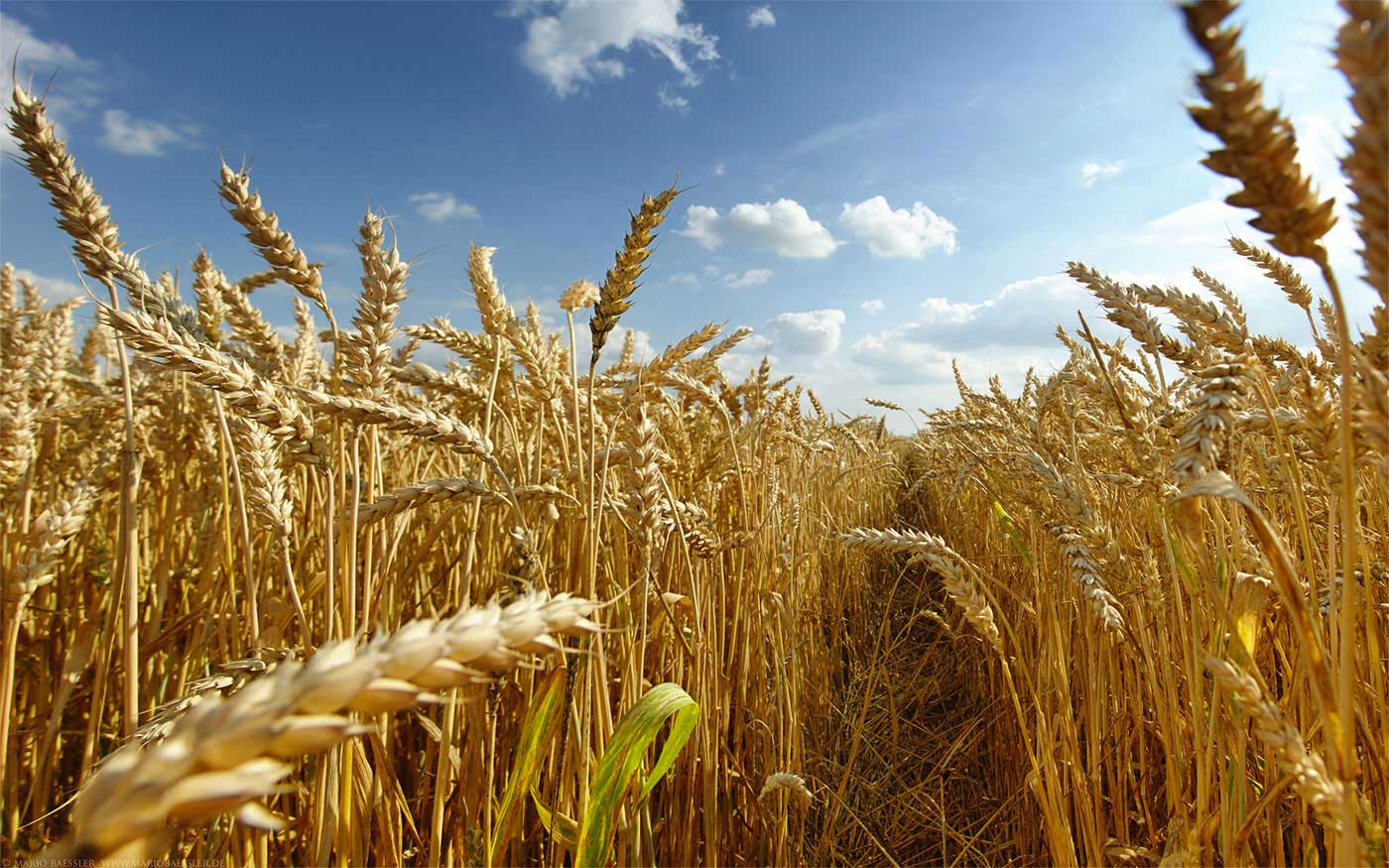Definition of Futures
« Futures » are called « forward contracts » in France, as they are in fact a type of standardised and firm commitment with known characteristics involving:
a known number of the underlying asset,
a specific time in the future in a specific place,
with the exchange taking place on an organised futures market.
How does Futures trading work?
It is based on a forward price commitment, by the two parties, while payment and delivery of the object of the contract take place at a later date (hence the term futures). Futures can involve any type of asset : goods, natural resources, agricultural commodities, currencies, as well as a stock market index. The contract may stipulate the actual physical delivery of the asset or the payment of the difference between the price of the asset specified in the contract and the price at the delivery date.
Forward contracts represent at least 40% of the total volume of financial trade. Futures markets have been leading mid- and long-term interest rates since the 70s.
Futures market: an organised exchange
Futures contracts are the most common financial tools in the world. They can only be traded on official and regulated markets (for example: Matif, Liffe, CBOT, Eurex…).
The clearing house is a key player on the Futures market.
As soon as a transaction is recorded, the clearing house acts as a counter party to both seller and buyer. So when actor X buys a contract from actor Y, the transaction is divided: X is buying from the clearing house, Y is selling to the same. At that moment in time the clearing house takes on the risk as a counter party in place of the actors. For this to happen, each party must pay a deposit to the clearing house for each transaction.
These security deposits are reassessed daily according to the value of the party’s positions.
It is important to remember that buyers and sellers can always ‘unlock’ their position by buying/selling the same initial number of contracts to eliminate their position.
Delivery date and potential profit on Futures trading
At the end of the contract, it can be closed according to the original agreement: either the seller delivers the underlying asset, or pays market price, as sellers must pay buyers the value of the contracts at delivery date.
Traders try to make a profit by betting on price fluctuations: if they foresee a downturn they sell contracts to achieve a gain when they buy them again for less, closer to delivery date. Conversely, if they expect that prices will rise, they buy contracts which they will later sell for more.
In any case, financial authorities remind us that
"past performance does not indicate future performance."
And the Futures market is as volatile as any other financial market.
Example
 Let us consider a futures contract on a ton of wheat. If you think the price of wheat is going to rise, rather than buying a ton of wheat, you can buy a futures contracton wheat. You commit to buying a ton of wheat later at the current price. Conversely, if you think wheat prices are falling you are going to sell the futures contract.
Let us consider a futures contract on a ton of wheat. If you think the price of wheat is going to rise, rather than buying a ton of wheat, you can buy a futures contracton wheat. You commit to buying a ton of wheat later at the current price. Conversely, if you think wheat prices are falling you are going to sell the futures contract.
Let us say you are buying a futures, contract for 50 tons of wheat at a price of 200 Euros per ton with a contract duration of three months, for a total of 10,000 Euros. Three months later, one ton of wheat is 20% more expensive, reaching a price of 240 Euros. Two things may happen:
- If the contract stipulates a physical delivery, the buyer gets 50 tons of wheat which he pays 10,000 Euros upon delivery. But upon delivery the wheat is now worth 12,000 Euros, so the buyer gets a good deal. The seller must honour his commitment even if he makes a loss.
- If the contract stipulates a financial settlement, there is no delivery, but the seller pays 2,000 Euros to the buyer, which is the profit made over that period of time. Once again, the seller cannot back away.
Let us now consider a situation where the price of wheat has gone down by 20% in the three months’ period:
- In case of a physical delivery, the transaction takes place in the same way, at the same price and on the same date. But this time it is the seller who made a good deal as he is selling his wheat for more than it is now worth.
- In case of a financial settlement, the seller is the party receiving 2,000 Euros from the buyer.
Things can get more complicated, as sellers and buyers are under no obligation to keep a futures contract until delivery date. They can thus buy or sell the contract to someone else and transfer all commitments from the contract. The selling or the purchasing price of a futures contract depends on the price of wheat at the time of the transaction.









